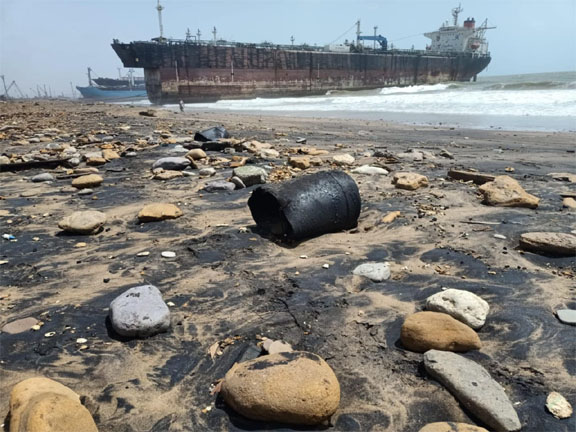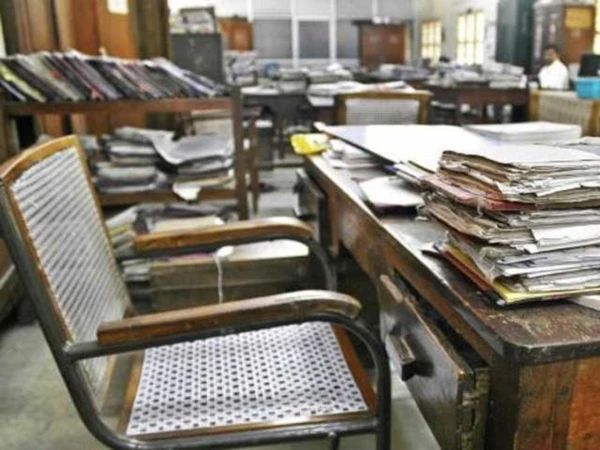Gwadar’s Ship Breaking Yard: Local Livelihoods Neglected Amid Environmental Concerns

Quetta:In a startling revelation, Gwadar’s ship breaking yard has been found to generate billions in revenue through investments and government earnings, yet local communities are left severely disadvantaged. According to reports from “Hub” newspaper, while millions are being injected into the facility, locals dependent on fishing are facing unemployment due to maritime pollution that has crippled their livelihoods.
Fishermen lament that foreign decrepit vessels, laden with hazardous materials, have forced them out of their traditional fishing routes, leaving them without a means to support their families. The yard, a few kilometers from Asia’s third-largest shipyard in Hub, Balochistan, continues to operate amid accusations of environmental negligence.
Despite international and national scrutiny following a major incident in 2016, which drew attention to labor rights and pollution concerns, efforts to protect local interests have fallen short. Authorities from the Environmental Protection Agency (EPA) are accused of turning a blind eye to the mishandling of toxic materials extracted from these ships, while focusing only on superficial tours and inspections.
Locals around the ship breaking yard, crucial to the nation’s economy, are not only denied employment but also lack access to basic amenities such as clean drinking water. Workers at the yard, grappling with contaminated water, are forced to consume it due to the unavailability of affordable alternatives, despite a desalination plant in place that remains inactive due to cost concerns raised by ship breakers.
The situation underscores the urgent need for effective governance and regulatory enforcement to safeguard both local rights and environmental sustainability in the shipbreaking industry.






